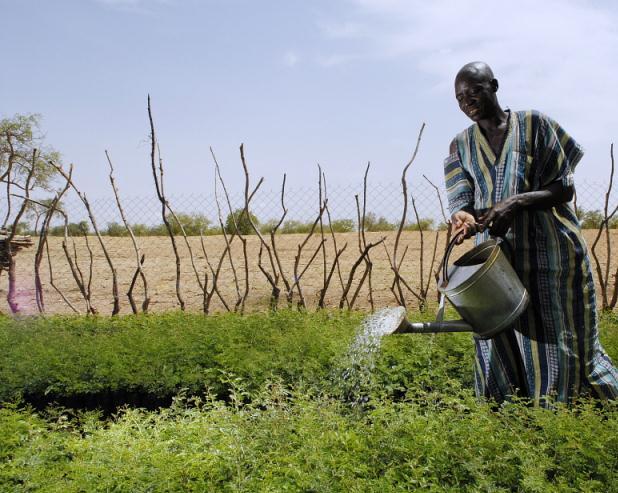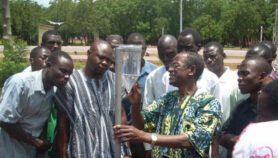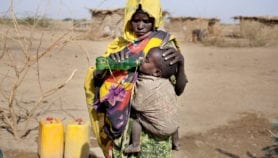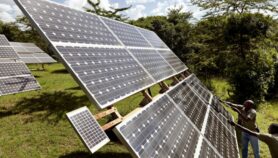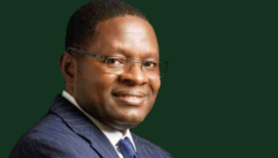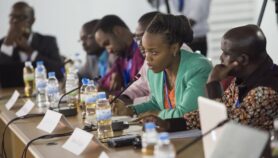By: Samuel Hinneh
Send to a friend
The details you provide on this page will not be used to send unsolicited email, and will not be sold to a 3rd party. See privacy policy.
[ACCRA] A large-scale project that seeks to help smallholders adapt to climate change by practising agricultural systems that integrate tree planting, rearing of livestock and crop production has begun in West Africa.
The Building Resilient Agro-forestry Pastoral Systems through Participatory Action Research (BRAS-PAR) project aims to improve the understanding of farmers’ perceptions and demands by addressing barriers to technology adoption while taking into consideration gender and social differentiation.
Robert B. Zougmoré, who leads CGIAR’s Research Program on Climate Change, Agriculture and Food Security (CCAFS) in West Africa, says the project’s work plans include assessment of needs to build the capacity of stakeholders in adaptation planning.
“The CGIAR system through the [Research Program on] CCAFS is willing through these kind of projects to generate the scientific knowledge and evidence about agricultural options that can work well in West Africa.”
Jules Bayala, World Agroforestry Centre (ICRAF)
According to Zougmoré, the objectives of the project include engaging rural communities and other stakeholders to test and validate scalable climate-smart models of integrated crop-livestock-tree systems, and the dominant farming systems in the region.
The BRAS-PAR projectis led by the World Agroforestry Centre (ICRAF), with US$2 million funding from CCAFS, Zougmoré adds.
The four-year project, launched last month (4 May) in Ouagadougou, Burkina Faso, is being implemented by the Environment and Agricultural Research Institute, Burkina Faso; Savanna Agricultural Research Institute, Ghana; National Institute for Agricultural Research, Niger and the Senegalese Agricultural Research Institute, Senegal.
Zougmoré says the project hopes to ensure that national agricultural research organisationsinstitutionalise participatory action researchin technologies developmentand adoption through integration of non-traditional partners such as agro-dealers, micro-finance institutions, national extension services and farmer’s organisations.
Jules Bayala, a senior scientist at Kenya-headquartered World Agroforestry Centre (ICRAF) and the project’s principal investigator,says the adaptive capacity of small-scale farmers can be enhancedthrough the adoption of climate-smart agricultural technologies and practices.
“The CGIAR system through the [Research Program on] CCAFSis willing through these kind of projects to generate the scientific knowledge and evidence about agricultural options that can work well in West Africa,” Bayala says.
Walter S. Alhassan, a former director-general of Ghana’s Council for Scientific and Industrial Research, says the project holistically tackles practices such as zero tillage that could help farmers cope with the adverse effects of climate change as well as mitigate climate change impacts.
But he adds that addressing market challenges for farmer produce is notapparent in the project.According to Alhassan, the organisations implementing the project should consider includingfish culture and rural poultry production in the activities.
Alhassan explains that fish farming integrates well with rice cultivation in programmes involving irrigation systems.
This article has been produced by SciDev.Net's Sub-Saharan Africa desk.


